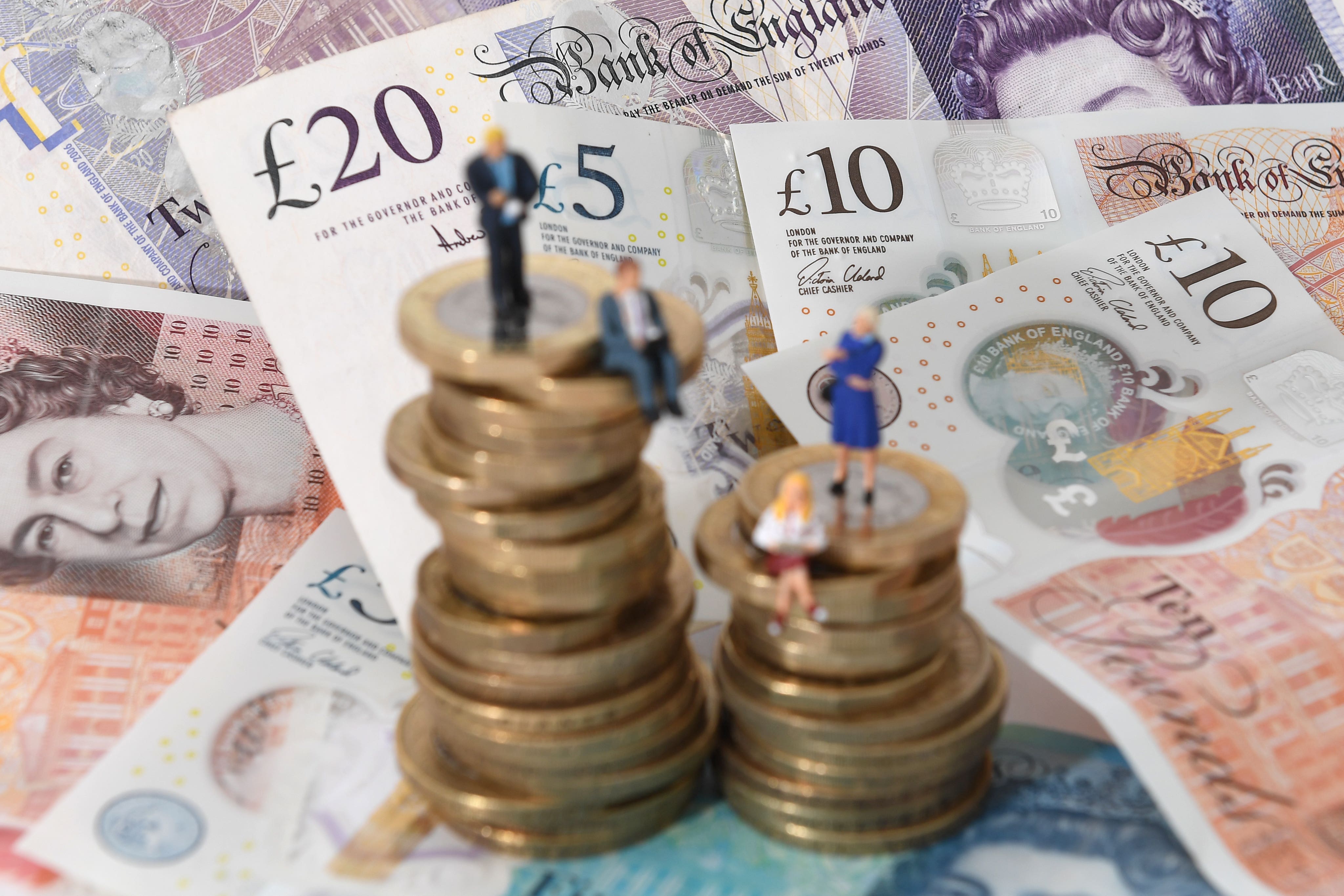BBC gender pay gap widens, annual report shows
The corporation said the median pay gap rose from 5.9% to 7.3% due to an investment in technology and product areas, which are male dominated.

The BBC’s gender pay gap has increased to its highest level since 2018.
The median pay gap is now 7.3%, up from 5.9% for 2021/22.
The BBC said this is due to investment in technology and product areas, which are male dominated.
The public broadcaster has come under fire for its pay gap and last month director-general Tim Davie told MPs there are still eight equal pay cases open internally within the BBC, which he feels is an “achievement” in comparison with where the corporation was.
Explaining the increased gap, the corporation’s annual report says: “This is mainly due to specific investments in pay, including for critical talent in key roles in our technology and product areas.
“These areas have higher proportions of men working in them in both the BBC and externally, and consequently our male median hourly rate has increased.
“As part of our commitments to improving representation, we are working towards improving gender balance in our technology and product teams, and we ensure that we have good examples of female representation on our career development, mobility, and leadership programmes.”
The annual report also said a new pay progression approach contributed to the increased pay gap.
The pay progression, which increased the median male hourly rates due to their position in pay ranges, was described as an “important step towards ensuring everyone is paid appropriately for their skills and experience”.
The corporation suggested it wanted to achieve gender balance at all three levels of its organisation, as there are currently more women than men in the bottom two career bands.
It said: “We are making great progress to increasing the number of females at our most senior levels, female representation has increased at each of the career bands.”
The gender pay gap measures the difference in the hourly pay of men and women at the broadcaster and is expressed as a percentage of male employees’ hourly pay.
Recording the median involves listing all salaries in order from lowest to highest and picking the one in the middle.
The BBC said its latest Equal Pay Audits concluded there is “no systemic gender discrimination in the approach to managing pay at the BBC”.
“The gender pay gaps that we are reporting are not as a result of unequal pay,” it added.